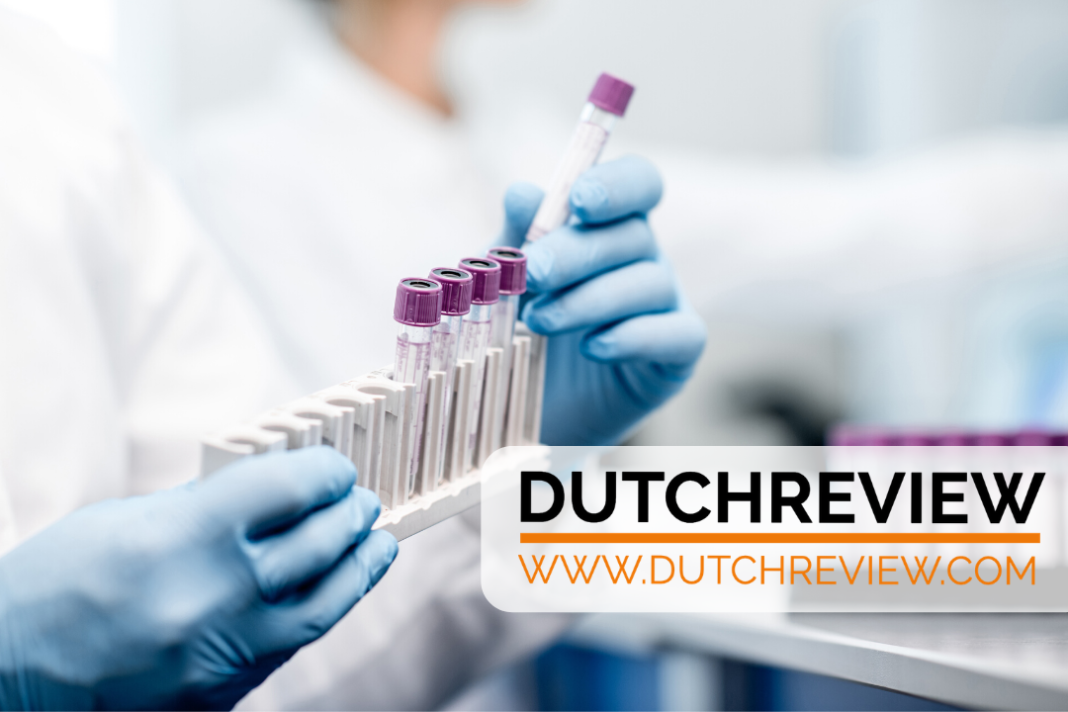Sanquin, a Dutch blood bank, has done research on 4000 people’s blood, which was donated from 1 April onwards. The study has shown that 3% of people have antibodies against coronavirus.
That means several things for coronavirus in the Netherlands. First of all, obviously, herd immunity is a long way off. In order for a population to have herd immunity, 50-60% of the it needs to have had the virus (and most of them should then have antibodies against it).
This is an early study
“Unfortunately, three percent is not very much,” says Marion Koopmans, head of the Erasmus MC virology department in an interview with NOS. “However, it fits well with what we can expect based on sounds in other countries. Mind you, this is an early poll. It takes about four weeks before all antibodies are produced.” So basically, we can expect many more people to have antibodies after the worst of the epidemic is over: which makes sense.
Herd immunity is not the aim of the Dutch policy
However, in an interview with NOS, Jaap van Dissel, head of infectious disease control at RIVM, emphasised that herd immunity was not the aim of the Dutch coronavirus policy: merely an eventual side effect of the virus being present in the country.
Mortality rate is 1-2%
The second implication of this research is a confirmation of the mortality rate. Generally, the virus kills 1-2% of the people it infects- that has been the case in other countries, anyway. In the Netherlands, that is likely also the case, van Dissel says, based on a rough calculation from this antibody research.
Antibodies do not necessarily mean you are protected
Van Dissel also noted that just because a person had antibodies, they would not necessarily be immune to the virus. People can have varying levels of antibodies, and they can have varying levels of success in fighting disease, he says. The health of your immune system also plays a role as well.
More studies to come
More studies on coronavirus antibodies are underway in the Netherlands: Sanquin’s was one of at least four. According to Hans Zaaier, professor and medical microbiologist at Sanquin, their study was scientifically rigorous: blood donors are generally representative of the population in terms of their likelihood of catching respiratory diseases, and need to go outside as often as a regular person would. He did note, however, that not all regions of the Netherlands were equally represented in the study.
Follow DutchReview on Facebook for more coronavirus updates.
Feature Image: DutchReview/Canva



